The Commonwealth Empowering Women:
Disability and Inclusion in Diplomacy through Sport
By Nora Elasri
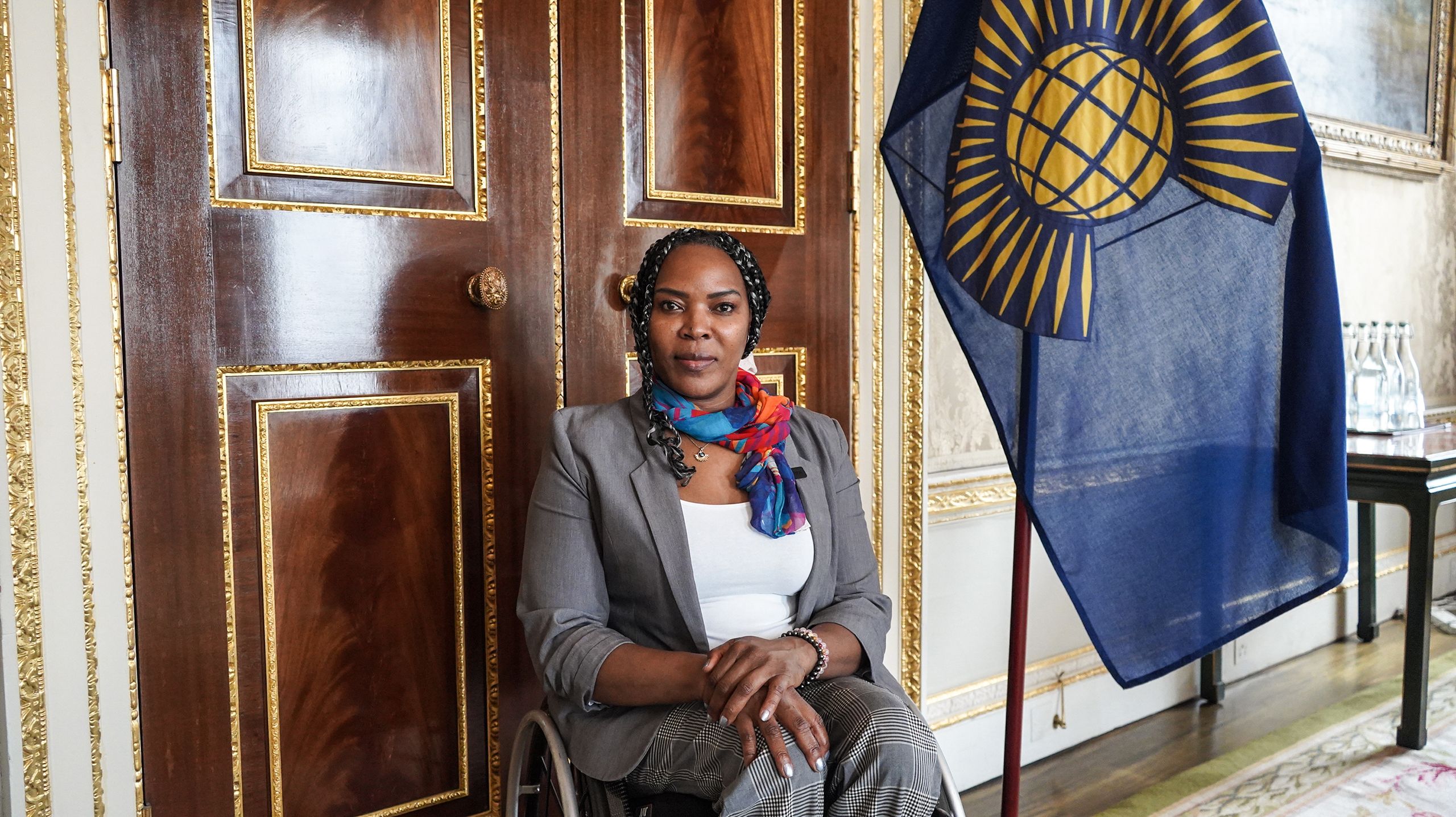
On 3 July, a collection of High Commissioners and representatives from the Commonwealth engaged in an important discussion at Marlborough House entitled ‘Empowering Women: Disability and Inclusion in Diplomacy through Sport.’ Arranged by the Antigua and Barbuda High Commission, the event brought together Paralympians, diplomats and sporting leaders to discuss and celebrate how sports can be a powerful tool for promoting equality and inclusion, with particular focus on the critical role of women with disabilities in sports.
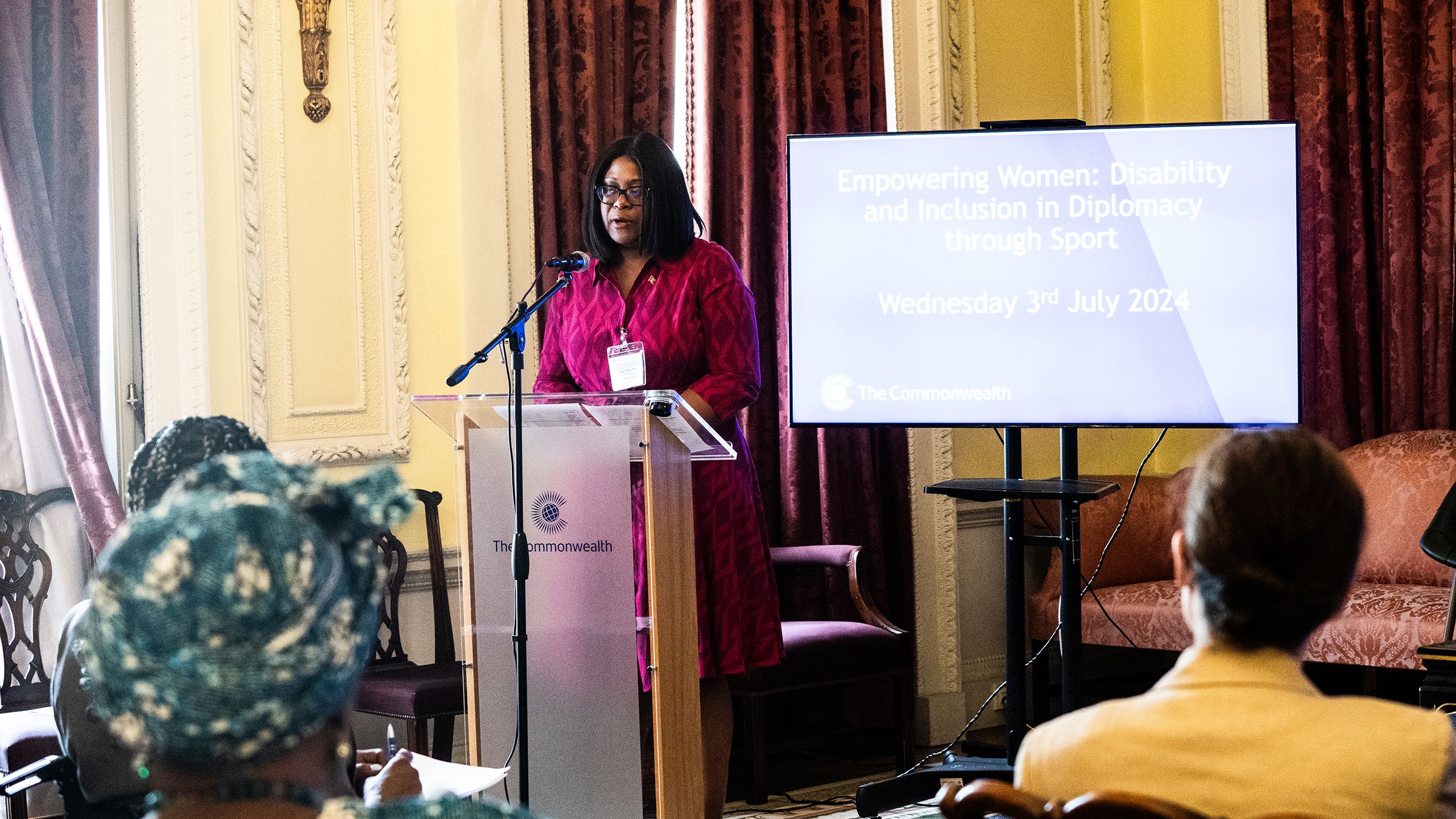
With the UEFA Euro 2024 taking place this summer and the Olympics in Paris around the corner, sport has been prevalent in the media in recent months. Sport is a universal language; no matter where you come from, everybody can understand the important messages projected through sport. This is why conversations around disability are necessary; it is through sport that we can open a new discourse and destigmatise disability. Speakers included Her Excellency Karen-Mae Hill OBE, High Commissioner of Antigua and Barbuda, who explained to the audience and participants, “This is where all of us come in: to challenge governments.”
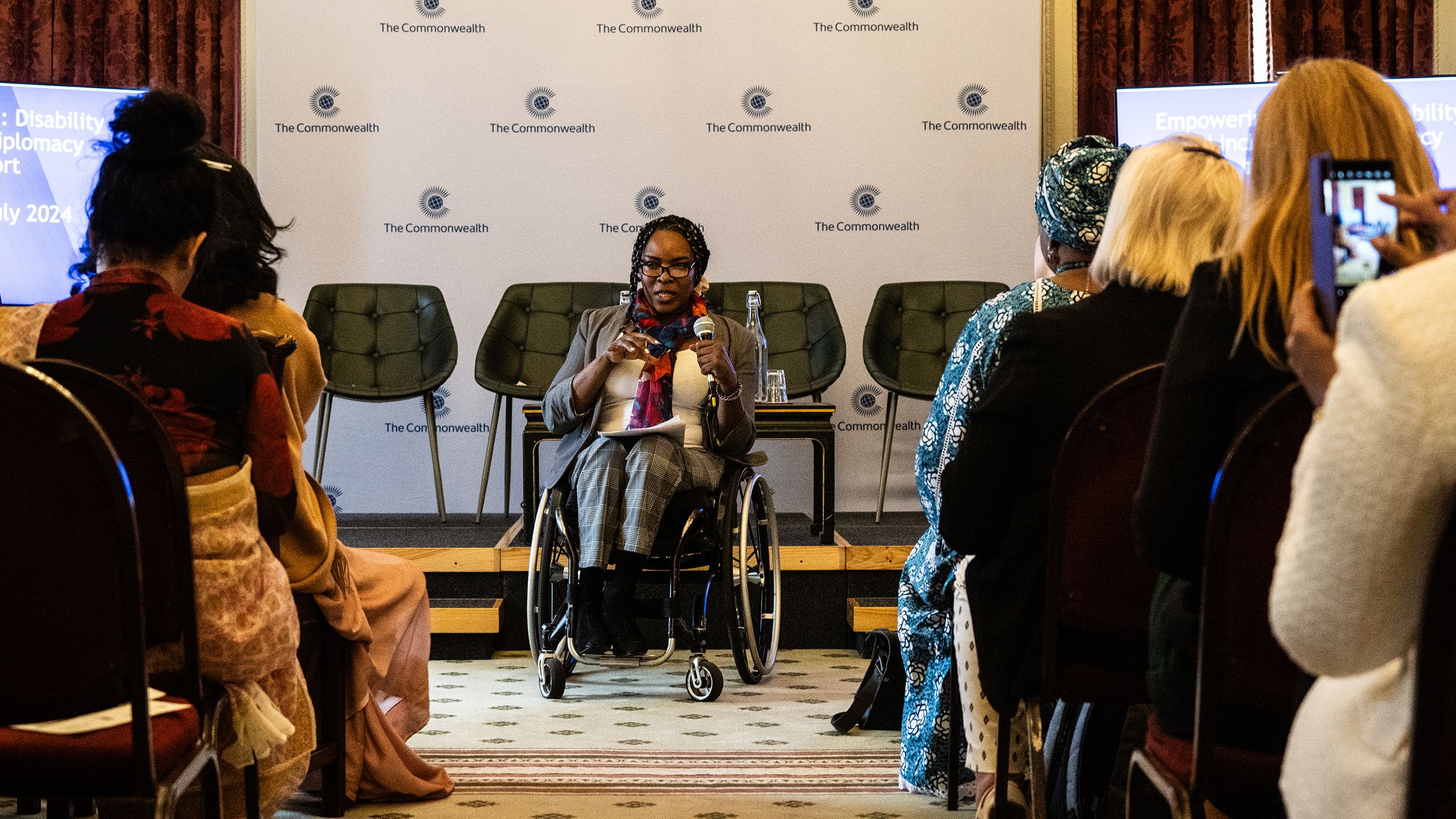
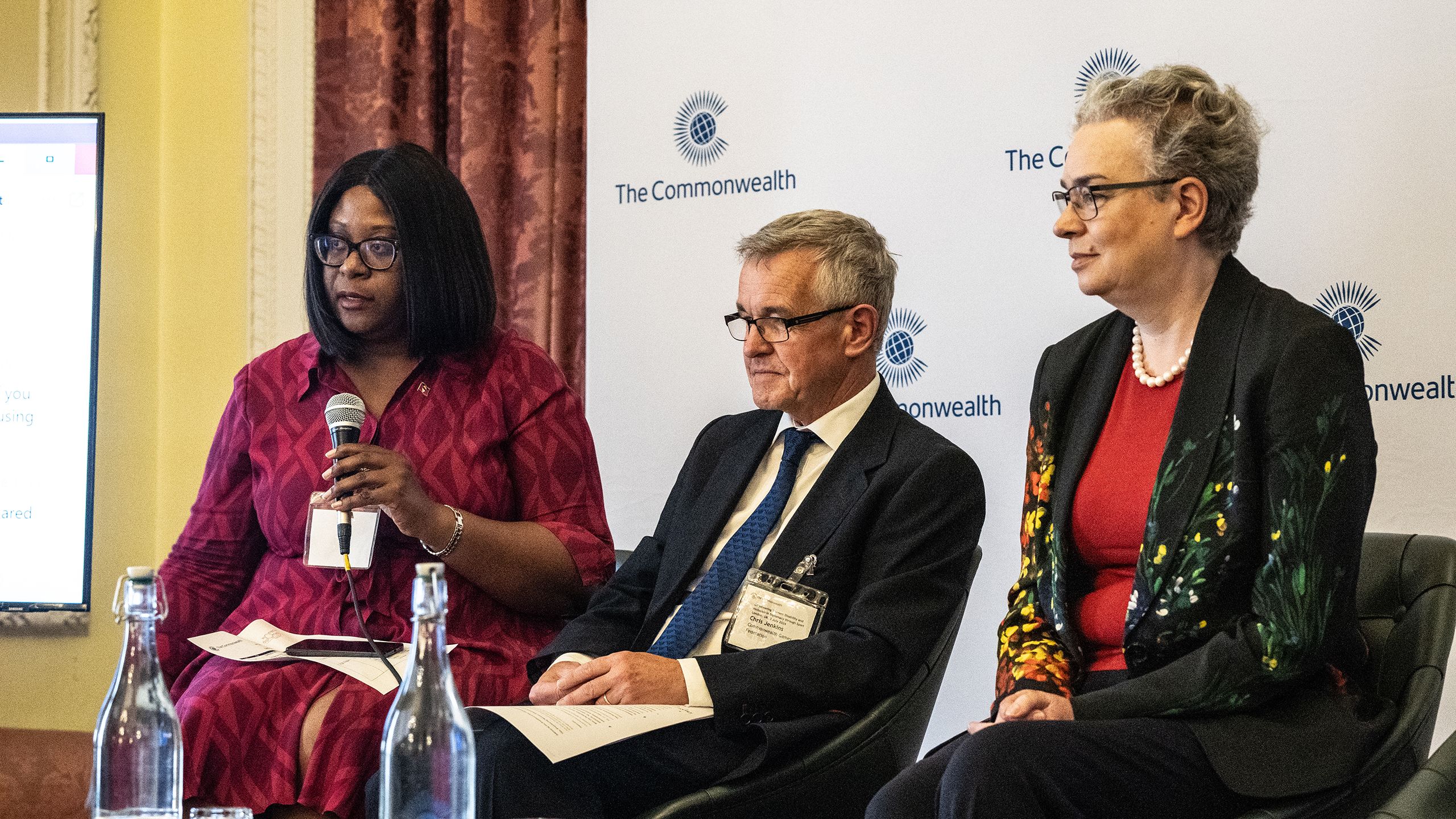
“Visibility is the most important aspect because we must see before believing,” stated Fahmida Faiza, Asia representative from the Commonwealth Youth Council, where she highlights the importance of the Paralympics and Paralympians in influencing public perception.
The day’s event was designed to bring awareness to and start necessary conversations about the lack of equality in opportunity those with disabilities deal with. Gill Atkinson, who recently served as the UK Deputy High Commissioner to Nigeria and was diagnosed with epilepsy at the age of 30, credited managing a decades-long career as a diplomat alongside her disability, to resilience. She brought attention to how 90 per cent of children with disabilities in Nigeria do not attend school. She continued that this statistic is not only shocking but unacceptable in today’s climate.
In a compelling talk, High Commissioner of Bangladesh Her Excellency Saida Munda Tasneem highlighted the increased vulnerability of women who are disabled. She emphasised how women with disabilities are three times more susceptible to sexual abuse and went on to call for an increase in legislation that protects women with disabilities.
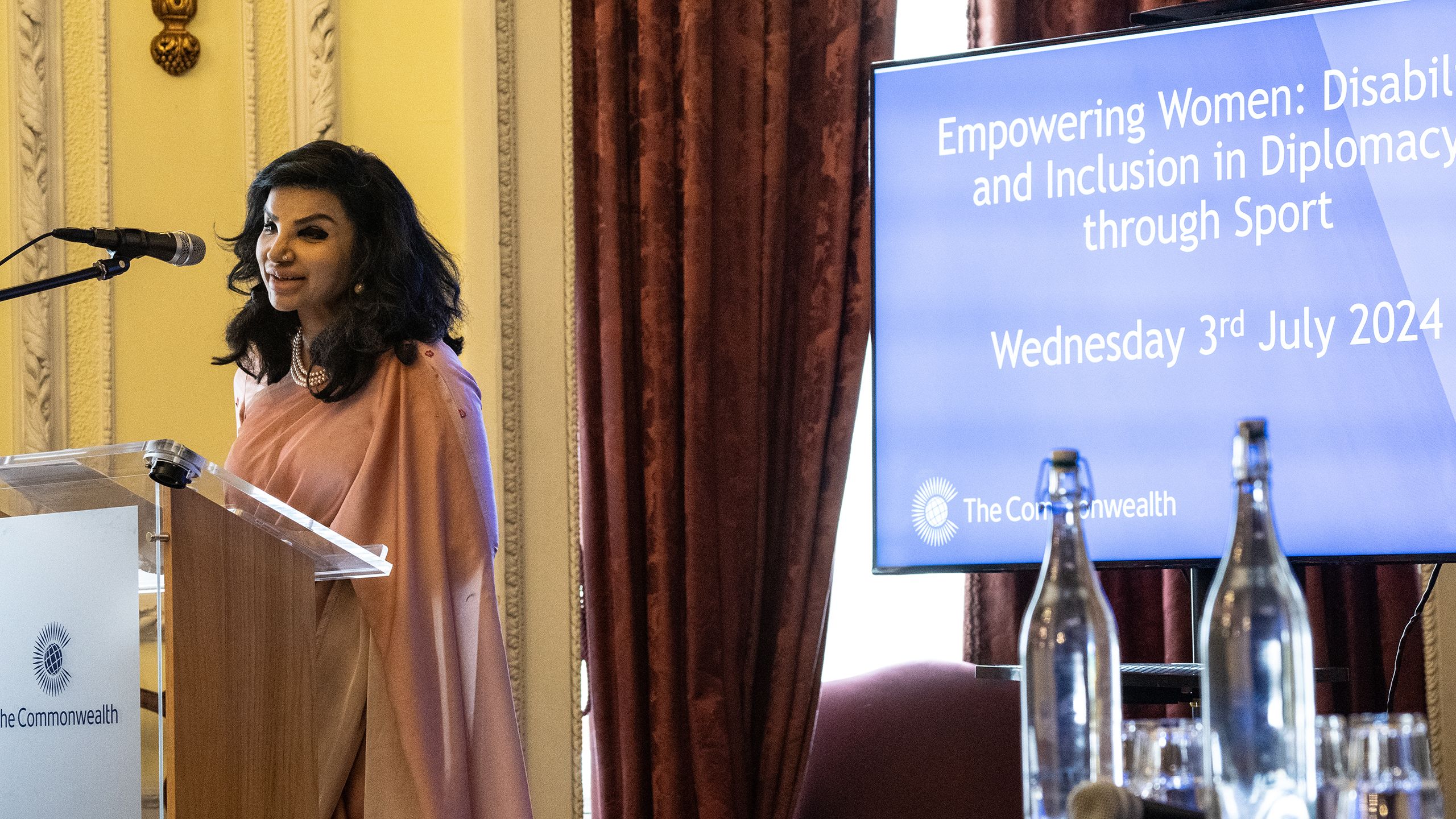
“We are not what we look like,” exclaimed British Paralympic wheelchair racer, Anne Wafula Strike MBE. Described as ‘the fastest woman in the world’, she was named the Commonwealth Secretary General’s Special Envoy Champion for Equality in Sport in 2020. Suffering from Polio at age two, Anne suffered from a below T-7 paralysis. Although many would lose hope, Anne courageously stated “As much as I am a disabled woman, that shouldn’t be a death warrant.” Going on to win the 400m final in the 2004 Paralympic Games in Athens, Anne became the first Kenyan wheelchair racer to represent her country.
Other speakers included President of the Commonwealth Games Foundation Chris Jenkins OBE, and former Paralympic swimmer and Canada’s Minister of Sport and Physical Activity Honourable Minister Carla Qualtrough. This event was timely given the growing global focus on disability rights and gender equality in the run up to the Olympics and Paralympics. Attendees had the opportunity to hear from prominent speakers and engage in insightful discussions on how to further support and empower women with disabilities in the realm of sports.
